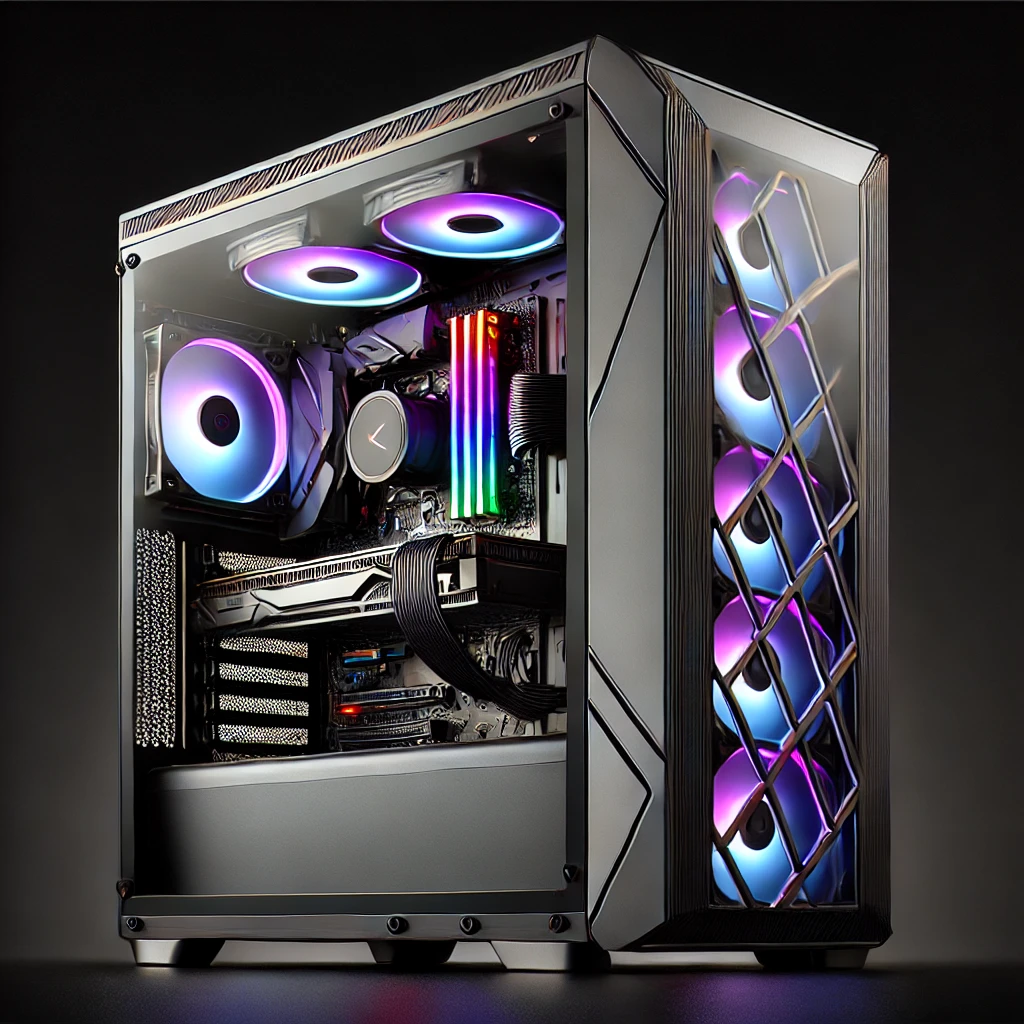Your cart is currently empty!
In today’s fast-paced digital world, choosing the right type of internet connection is crucial. For residents and businesses in areas like Lithgow, Katoomba, Bathurst, and the Blue Mountains, understanding the differences between hotspot (mobile broadband) and NBN (National Broadband Network) internet connections can guide you to the most suitable option. Lithgow Tech Services is here to illuminate these differences.
Before we start we do not sell Internet connections or Phone plans Pre-paid or Postpaid
We can help you with your internet connection after it reaches the router. We are not able to help with the actual connection until it gets past the modem. We recommend that you call your service provider first. As call out fees are the same even if it’s a false alarm.
What is NBN?
NBN is a fixed-line connection that connects your home or office to the internet via extensive cable networks running underneath your street. It’s designed for stable connections and offers various speed options, unlimited monthly data, and is ideal for online gaming. NBN plans are generally more consistent in speed, owing to the static, protected cables used. This makes it preferable for activities that require low latency, such as gaming and video calls.
What is a Hotspot Connection?
A hotspot or mobile broadband connection, on the other hand, uses mobile networks, similar to your phone, to provide wireless internet access. It’s known for its portability and serves as a great temporary internet solution or a solid alternative if NBN connectivity is poor. Hotspot connections can offer fast 4G and 5G speeds, and the setup is generally more straightforward and user-friendly than NBN installations.
Comparing Hotspot and NBN Connections
- Speed and Reliability:
- NBN typically offers more stable and consistent speeds because it is less affected by external factors like weather or location.
- Hotspot connections, particularly 4G, can sometimes offer faster speeds than NBN, but these speeds are highly variable and depend on several factors such as network provider, location, and device.
- Cost and Data Plans:
- Installation and Setup:
- Data Limits:
- Latency:
- Hotspot connections have higher latency, which can impact activities like online gaming and video calls.
- NBN connections generally offer lower latency, beneficial for real-time online activities.
- Portability:
Why NBN is easier in the long run
We often have a customer complain that they cannot connect their printer to their hotspot, This is common with many devices. This is why we often suggest that they consider getting NBN.
Hotspot internet connections, unlike traditional Wi-Fi networks, often do not allow sharing on local networks due to their inherent design and purpose. Here are a few reasons why:
- Security Concerns: Hotspots are designed for individual use and are not equipped with the robust security protocols needed for safely managing multiple devices on a local network. This limitation helps protect the user’s device and data from unauthorized access.
- Technical Limitations: Hotspots generally lack the hardware and software capabilities required to manage a local network. They are designed for simplicity and portability, focusing on providing internet access to a single device or a small number of devices.
- Bandwidth Restrictions: Hotspots typically have limited bandwidth compared to home or office networks. Enabling local network sharing could significantly impact the internet speed and performance for all connected devices.
- Service Provider Restrictions: Many service providers limit the ability to share hotspot connections on a local network to control network traffic and ensure fair usage of their services.
- Purpose and Use Case: Hotspots are primarily intended for providing temporary or mobile internet access. This usage scenario doesn’t align with the more permanent and extensive requirements of a local network.
For users needing to share connections over a local network, a traditional Wi-Fi setup, potentially with an NBN or similar fixed-line connection, is usually more suitable.
In Conclusion
Choosing between a hotspot and NBN connection depends on your specific needs. If you require stable, high-speed internet with low latency for activities like gaming or extensive data usage, NBN is the better choice. However, for those prioritizing portability, ease of setup, and lower costs, especially in areas with strong 4G or 5G coverage, a hotspot connection might be more suitable.
For residents in Lithgow and surrounding areas, Lithgow Tech Services can assist in setting up and troubleshooting both NBN and hotspot connections, ensuring you get the most out of your internet service.
Discover more from LithGeek Custom Gaming Computers
Subscribe to get the latest posts sent to your email.
by
Tags:


